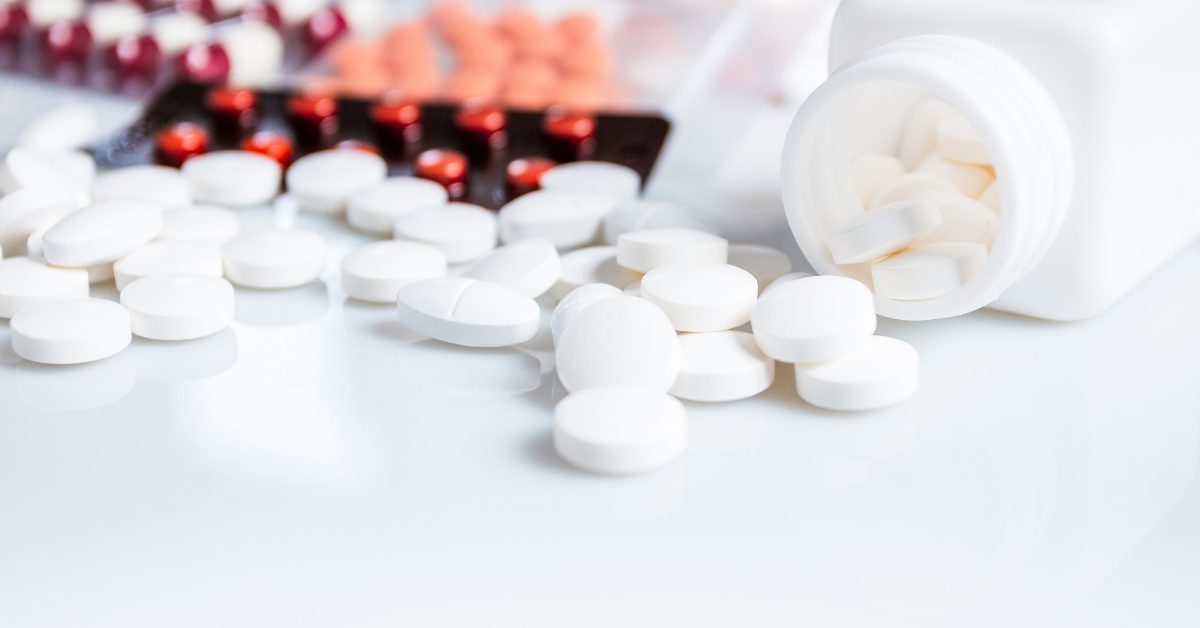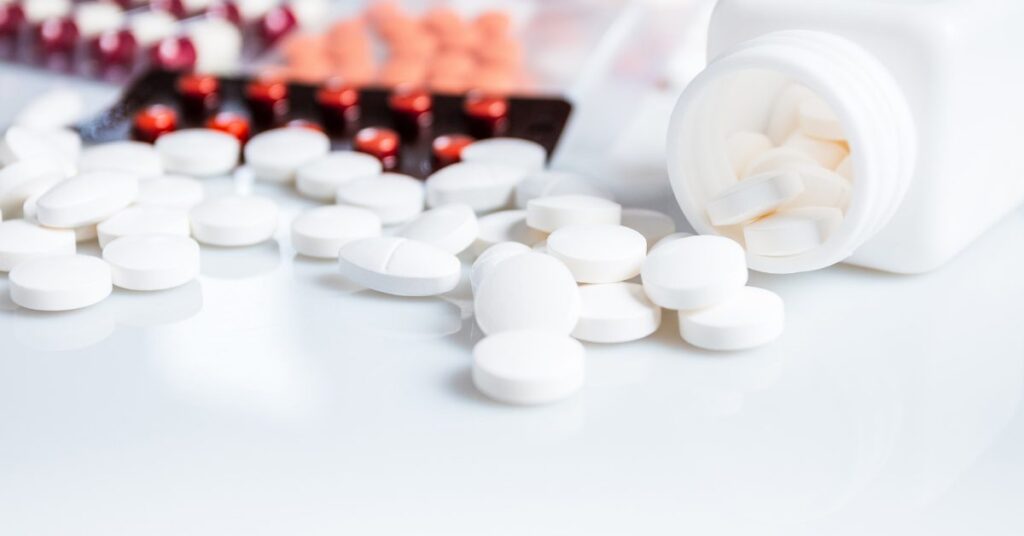What Medications Cure Addiction?
If you or a loved one suffer from drug addiction and are curious is there are any medications you can take to help cure your addiction.
An addiction is defined as a chronic dysfunction of how the brain system works that involves reward, motivation, and memory. It’s how your body craves a substance or behavior, especially if the behavior or substance causes a compulsive or obsessive pursuit of “reward” and lack of concern over consequences. Someone who is in addiction will:
- be unable to stay away from the substance or stop the addictive behavior
- display a lack of self-control
- have an increased desire for the substance or behavior
- dismiss how their behavior may be causing problems
- lack an emotional response
Over time, addictions can have serious consequences and mess up your daily life. Those who are inactive addiction are also known to go through multiple relapses and remissions. This usually means they will go between intense and mild use. Despite these on-off cycles, addictions will always get worse over time. They can lead to permanent health complications and serious consequences like bankruptcy. 
Ending The Cycle Of Addiction
There are ways to get our life back for those who are tired of the back and forth, the never-ending cycle of addiction. Detox, also known as detoxification, is the first stage in the recovery process for most drug and alcohol addictions. But, first, the body is cleansed of the substances polluting it. One of the biggest obstacles to recovery is fear of the withdrawal process. As a result, many drug and alcohol addicts will continue their addictive behavior long after they want to quit, simply to avoid the detox process and painful symptoms that accompany the withdrawal. Some even try to detox from their addictions at home, suffering through days of discomfort and violent withdrawal only to go back to abusing drugs and alcohol to relieve the pain. This is where medications can help you get off substances for good and necessary Medical Drug Detox.
What is a Medical Drug Detox?
A medical detox facility is a treatment center staffed with doctors and nurses trained in helping patients cope with the withdrawal symptoms of early drug or alcohol abstinence. Without medical care, these withdrawal symptoms can be unpleasant, dangerous, and even life-threatening. During detox, the patient stops using the substance or substances to which they’re addicted completely. This results in their body experiencing withdrawal, a painful, uncomfortable, and often terrifying series of symptoms ranging from cravings to hallucinations. In some cases, withdrawal symptoms such as seizures can even cause death, meaning that proper medical supervision, such as at a medical detox, is critical. This is especially true for alcohol and opioid detox. During withdrawal, medical intervention is often necessary to keep the patient safe and comfortable. Some of the most common interventions include medication and therapy. Patients are significantly more likely to complete a supervised medical drug detox than an unsupervised detox. There are several reasons for this, including increased comfort, better safety, having a support system, the love and connection provided by treatment professionals, and increased motivation. In addition, once a patient gets through detox, their eventual likelihood of successfully obtaining sobriety goes up dramatically.
Are Medications Enough To Cure Addiction?
The National Institute on Drug Abuse (NIH) states:
A Medical detoxification safely manages the acute physical symptoms of withdrawal associated with stopping drug use. However, medical detoxification is only the first stage of addiction treatment and does little to change long-term drug use. Although detoxification alone is rarely sufficient to help addicts achieve long-term abstinence, it is a strongly indicated precursor to effective drug addiction treatment.
Although patients will often leave a medical detox facility feeling better than they have in years, those that do not transition from detox to continuing addiction treatment are almost certain to relapse. No medication can cure addiction. You must continue to work on your sobriety after drug treatment either by continuing group or private therapy or getting involved in support groups such as AA or NA.
Evoke Waltham Center Can Help You Start Your Path To Recovery
At Evoke Waltham Center, you can get involved in a medication-assisted treatment program through a physician specializing in addiction treatment or an addiction treatment center that utilizes MAT programs. The typical treatment process includes physician consultation, determining suitability, prescribing the medication, and maintaining the medication. Call now to get started.


